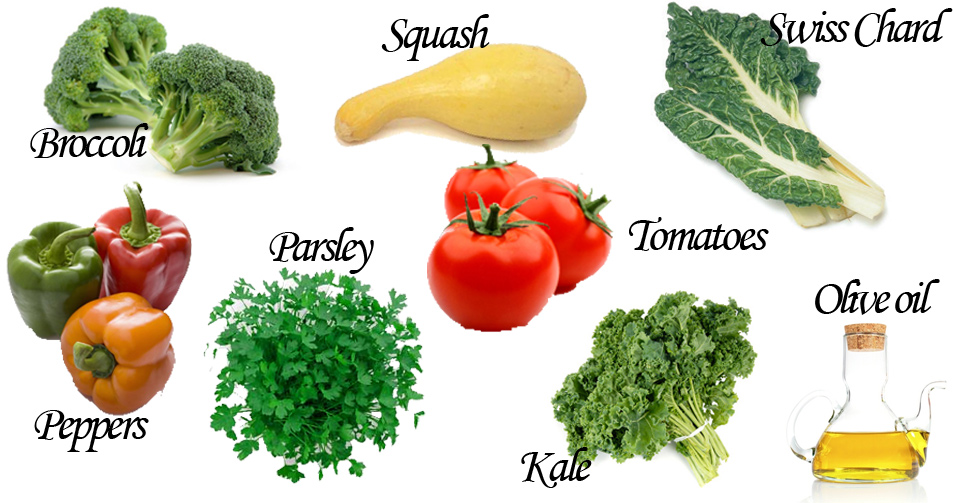All Questions Answered About Vitamin K

What is vitamin K?
A group of vitamins found mainly in green leaves and essential for the blood-clotting process. They include phylloquinone( vitamin K1 ) and menaquinone ( vitamin K2 ).
Vitamin K is essentially responsible for helping blood clots and to prevent excessive bleeding. It is actually a group of compounds and the most important of these compounds is said to be vitamin K1 and vitamin K2. Vitamin K1 is obtained from leafy greens and some other vegetables. Vitamin K2 is a group of compounds largely obtained from meats, cheeses, and eggs, and synthesized by bacteria.
When should you take vitamin K?
There are very rare chances of a person getting deficient in vitamin K. You should only take it if you experience any of the following:
- If you have a disease that affects absorption in the digestive tract, such as Crohn’s disease or active celiac disease
- If you take drugs that affect vitamin K absorption
- If you are severely malnourished
- If you drink alcohol heavily
- If you experience a lot of morning sickness
What are the possible risks of low levels of vitamin K?
If you take too much of vitamin K it can cause clots to form in your blood more than the required amount resulting in stroke, heart attack or other such conditions associated with blood clotting.
How should you use vitamin K?
- You can take it natural from the following foods:
- Vegetables like spinach, asparagus, and broccoli
- Beans and soybeans
- Eggs
- Strawberries
- Meat
- In case of severe deficiency you can take supplements after consulting your medical professional
What happens when you take excessive dose of vitamin K?
Body responds to excess vitamin K by forming more clots than usual that can cause several serious health issues resulting in you being admitted to hospital for a major illness.
What are the side effects of vitamin K?
Side effects include:
- Clotting disorders
- Angina
- Nausea
- Dizziness
What is recommended daily dose if vitamin K?
Children 0-6 months:2 micrograms/day
Children 7-12 months:2.5 micrograms/day
Children 1-3:30 micrograms/day
Children 4-8:55 micrograms/day
Children 9-13:60 micrograms/day
Girls 14-18:75 micrograms/day
Women 19 and up:90 micrograms/day
Women, pregnant or breastfeeding (19-50):90 micrograms/day
Women, pregnant or breastfeeding (less than 19):75 micrograms/day
Boys 14-18:75 micrograms/day
Men 19 and up:120 micrograms/day
Related Articles:
By : Natural Health News




